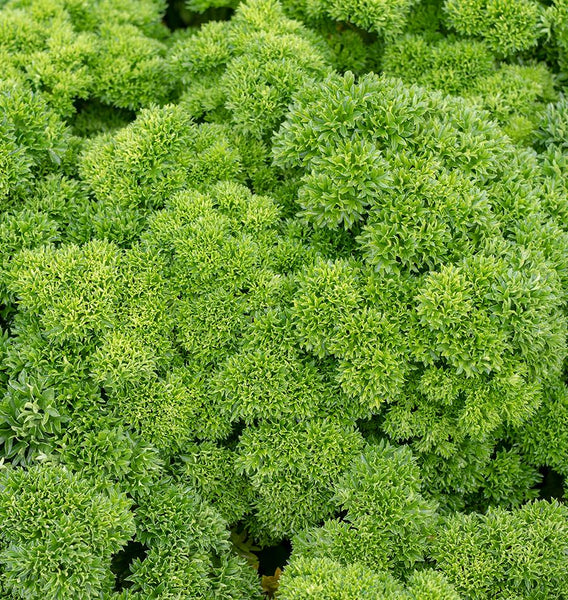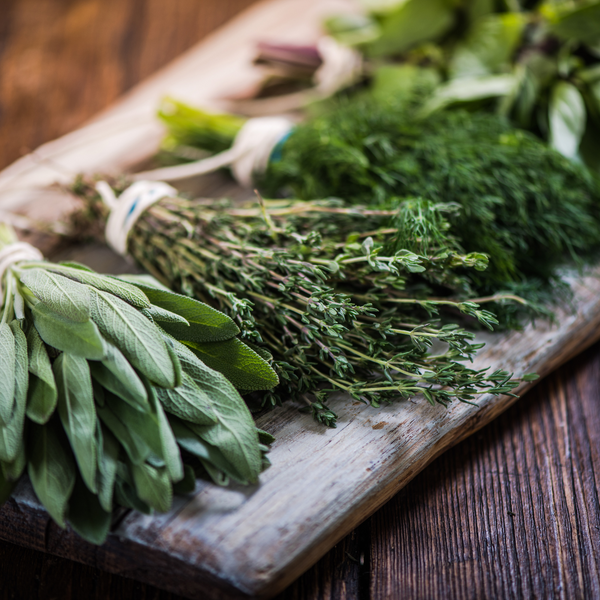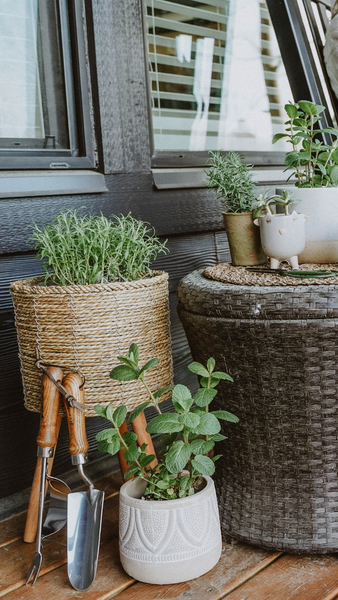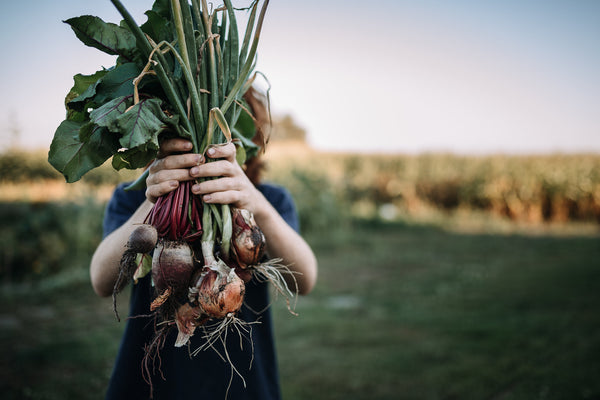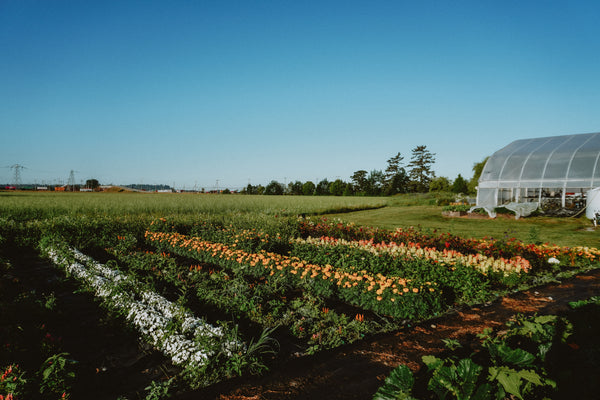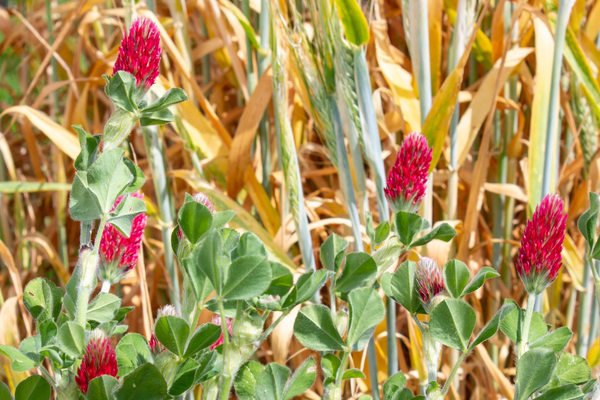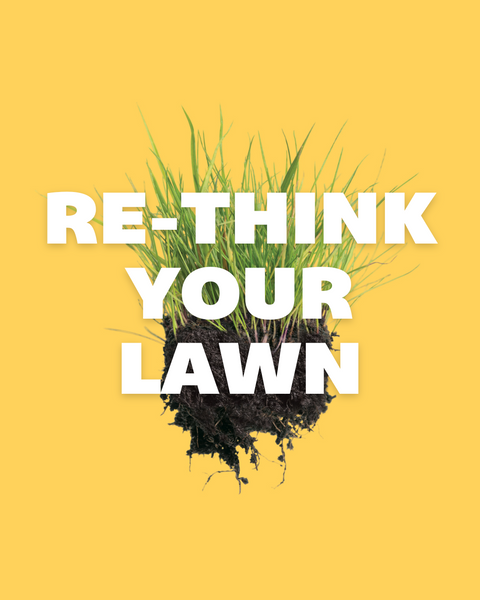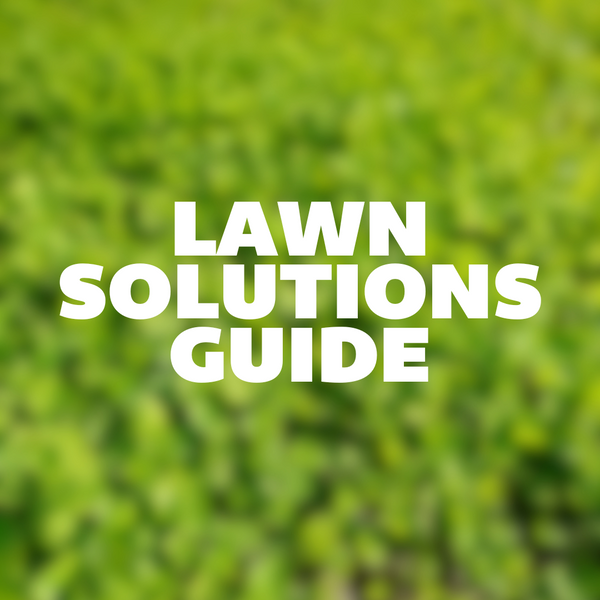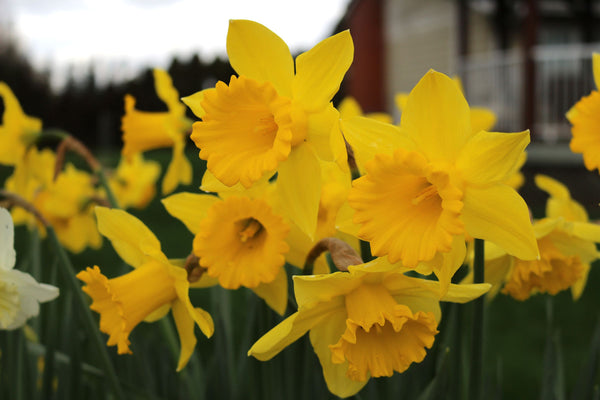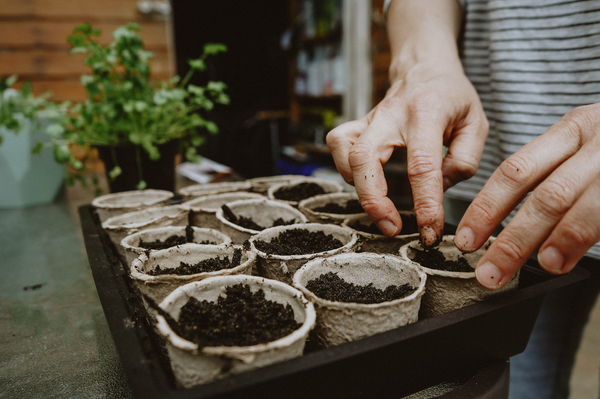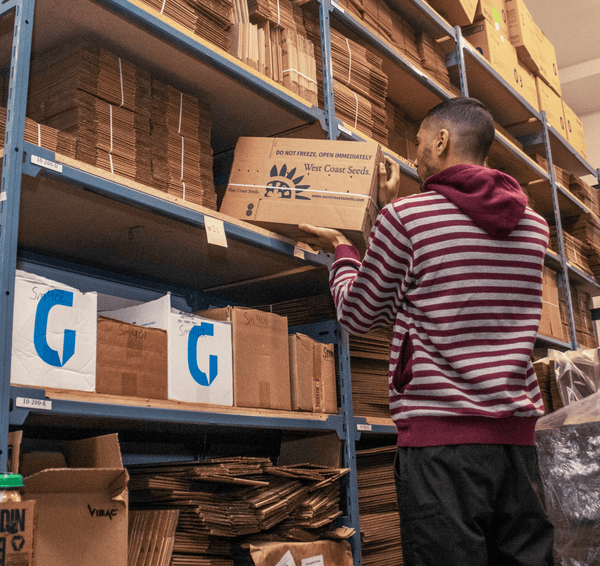There is no doubt that beekeeping is an amazing experience to access in your backyard: the gentle movements of the bees, the sweet smells of nectar and pollen, the feeling of wax and honey on your fingertips. If you ask beekeepers, they will all tell you they love their bees and beekeeping. However, they will also universally tell you that beekeeping is far from easy.

There is a lot to learn and to practice when you become a beekeeper, and for curious minds that is half the fun. Indeed, beekeeping is an endlessly fascinating hobby to be explored and you will never stop learning. However, when just getting started, the fundamentals are the most important. Below are some tips on how to start your beekeeping adventure with confidence and help ensure you and your bees have a happy and healthy first season.
- Books: This is a common starting point for many hobby beekeepers. Fortunately, honey bees are perhaps the most written-about insect, and there are a plethora of excellent beginner books to choose from – try to choose ones full of pictures and that are written as a practical guide for hobbyists.
- Review Local Regulations & Register Your Hives: It is most often the case that you can keep bees in your backyard. However, not all municipalities and cities are the same, and even if they allow it there are often restrictions such as how close to property lines, or number of hives. Make sure to do your research first before setting everything up, to make sure you won’t run into bylaw issues! It is also a requirement for all beekeepers to register their hives with their province, and with some cities like Edmonton you may need to apply for a license.
- Beginner Class: We find that taking a beginner beekeeping class is the number one indicator of whether a new beekeeper is going to be successful in their first year. If you can find one that offers at least some hands-on practice as well, that is even better. Try to find a class with a reputable instructor who ideally keeps bees in or near your area. This step will really help you get a strong sense for what is important, what to expect in the year, and what common pitfalls to avoid.
- Bee Clubs: Joining local bee clubs and provincial organizations is a great way to stay connected to other beekeepers, learn from each other and get a sense for what everyone is experiencing in common for the year. Often clubs connect you with resources and speakers that help expand your knowledge. It is also a good location to potentially find more experienced local beekeepers who can provide insights and tips to help you along. Often, they also have Facebook groups or other online forums to ask questions and learn from others.
- Start with 2 Hives: Many beekeepers decide to start with one hive and “go from there.” While this is an understandable sentiment, you will typically hear experienced beekeepers recommend starting with at least 2 hives. The reason is that if you have an issue with one colony (such as losing a queen), you can often resolve it using resources from the other hive. This helps reduce the risk of having a colony with an issue that you may not be able to solve.
- Be diligent in your inspections, keep learning & practicing, & have fun!
